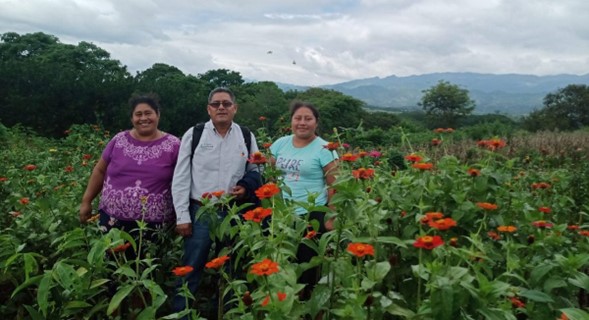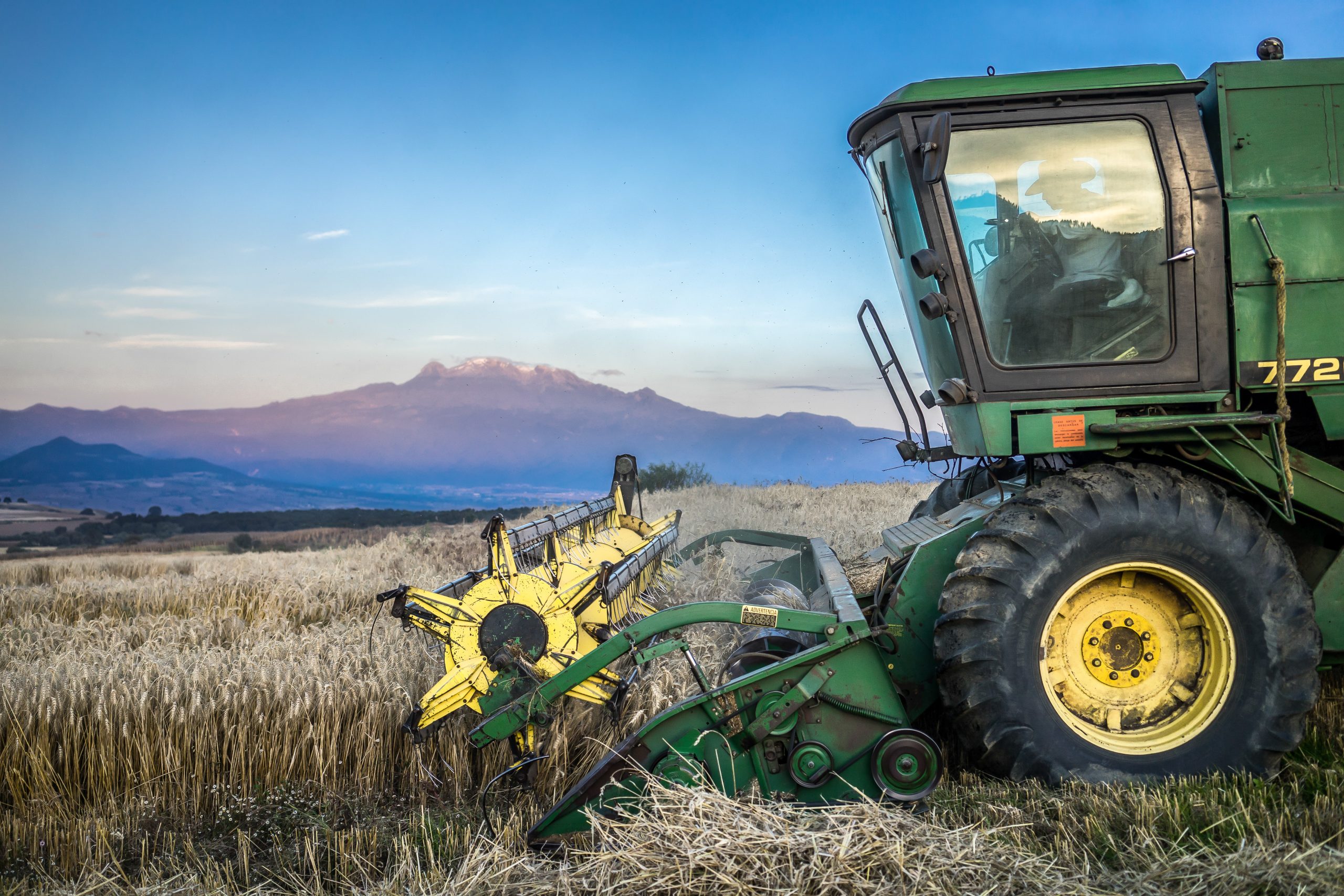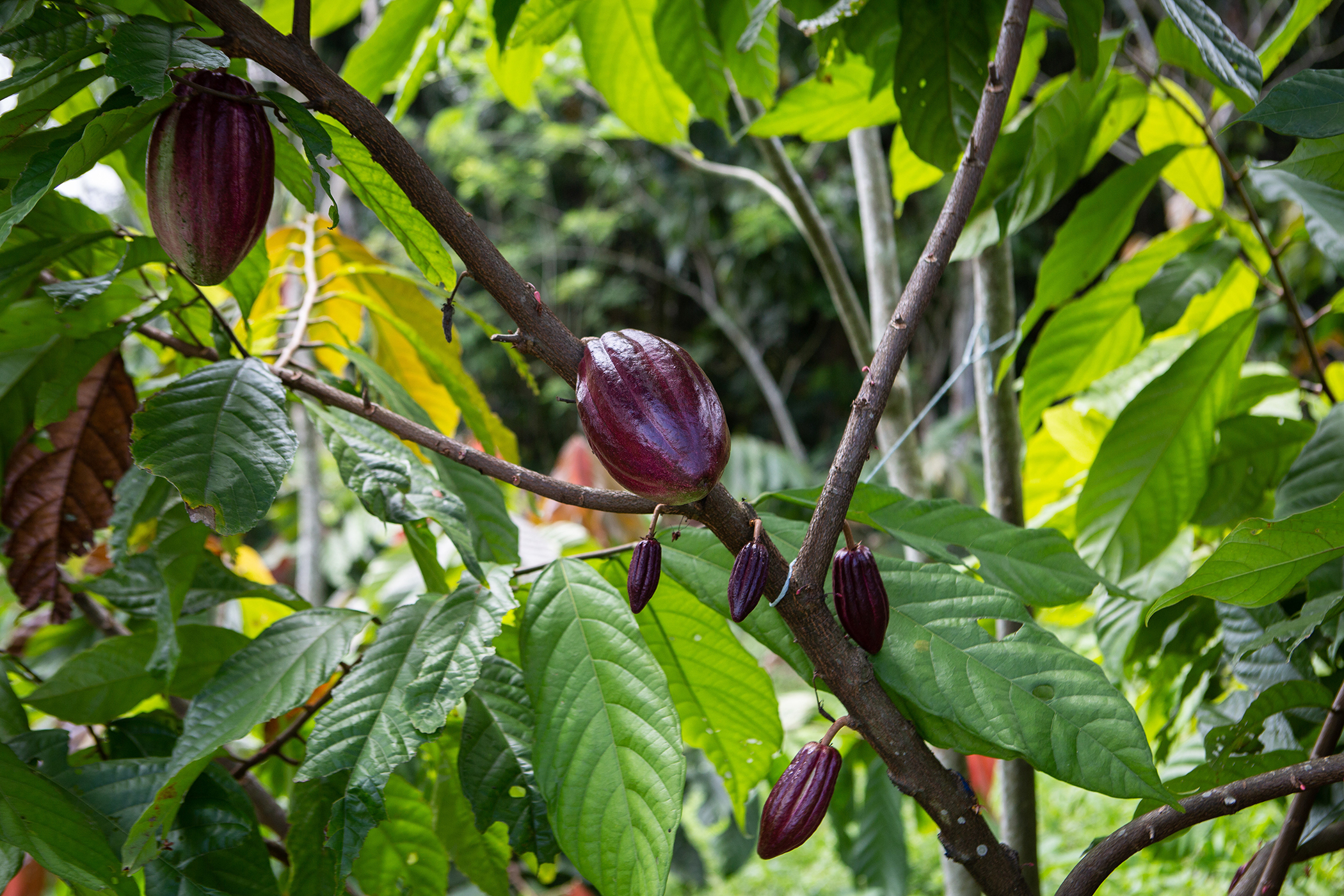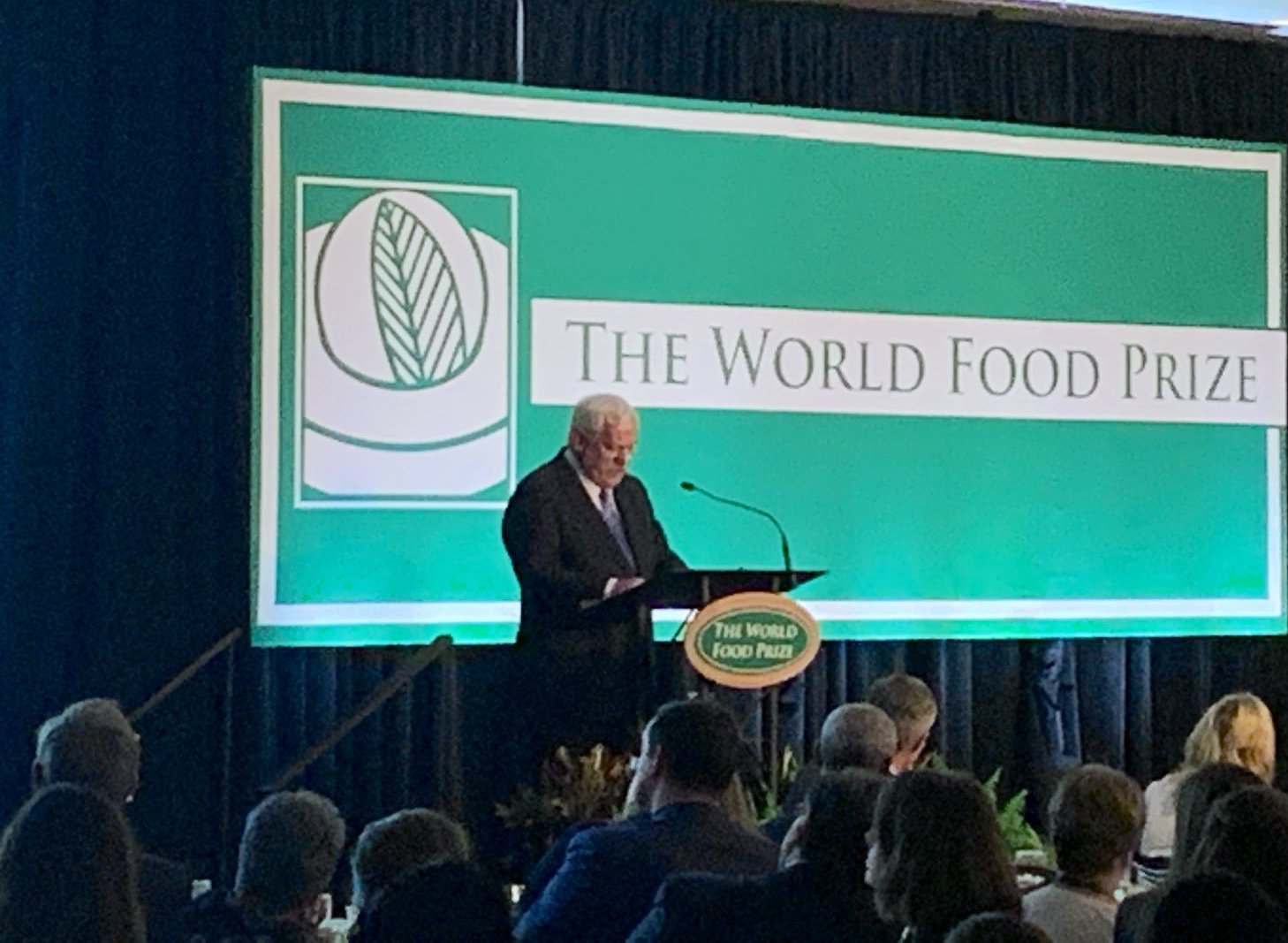Gender and social inclusion are fundamental themes for the Latin American regional initiative AgriLac Resiliente, which is why numerous regions bordering Guatemala and Honduras have been selected to implement priority actions with a gender approach.
In order to integrate a guideline that clears up why gender and social inclusiveness are relevant matters and incorporate it in all InnovaHubs activities in Guatemala and Honduras, social inclusion and gender experts from AgriLac have implemented a participatory process in the South Pacific and Chiapas Hubs to gather information and document research results to facilitate the Hub model for replication, developed by CIMMYT in Mexico and other countries.
In this way, Alejandrina Garcia in Oaxaca, Alejandro Ramirez in Chiapas, and Angela Meentzan, head of the AgriLac Gender and Social Inclusion Team, conducted individual and group interviews to learn how the different actors involved in the hubs perceived their own participation: farmers, workers, managers, and staff of the hubs, as well as partners who participated in this participatory process.

There are numerous and successful cases of rural women’s participation in the centers of Oaxaca and Chiapas that have been collected in this process. “It is expected that these case studies will become part of an annex to the guideline, just to illustrate why the participation of rural women is essential in their own vision,” said Meentzen, who highlights the case of Juanita, a Tzeltal woman from La Providencia in Ocosingo, Chiapas, Mexico.
“About five years ago, I started working alongside CIMMYT. Before we knew them, we were only planting maize and beans, but then we couldn’t produce any more. The plants stopped growing, and we had a lot of problems with pests, so we used to burn all the stubble. When the engineers came, they invited us to join them. At first, we weren’t that interested, but we let them teach us. They taught us how to grow other crops like sunflowers, peanuts, vegetables, and fruit trees like lemon and soursop,” said Juanita.
“Now we don’t burn all the stubble and we have crops all year round. We also grow other types of plants and use a lot of organic products that they taught us how to prepare. Our production has increased, and we sell more and more at the market. My daughter and I take care of the sale of the crops: beans, corn, vegetables, squash, corn, and flowers; the latter have given us such good results that we have earned some extra money,” said Juanita.
“The benefits we got from our land allowed us to give our children a future. Some of them have graduated from college and have jobs; others are about to graduate, but they have all learned to work the land. It feels a little harder, but I have been able to take care of both: my family and the land. I don’t know how I did it, but I did it,” said Juanita proudly, noting that the scientific knowledge gained from the research platform and Hub modules has had a real and positive impact on her and her family.
Photo: Juanita, a Tzeltal woman from La Providencia in Ocosingo, Chiapas, stands in her field. (Garcia, Ramirez and Meentzen/CIMMYT)

 Nutrition, health and food security
Nutrition, health and food security 
